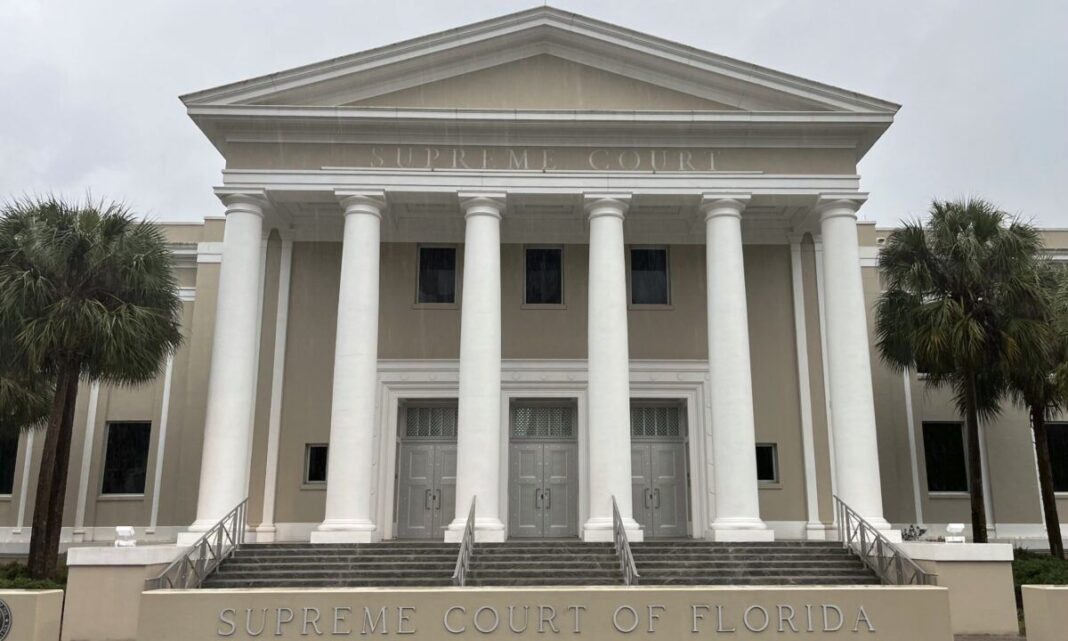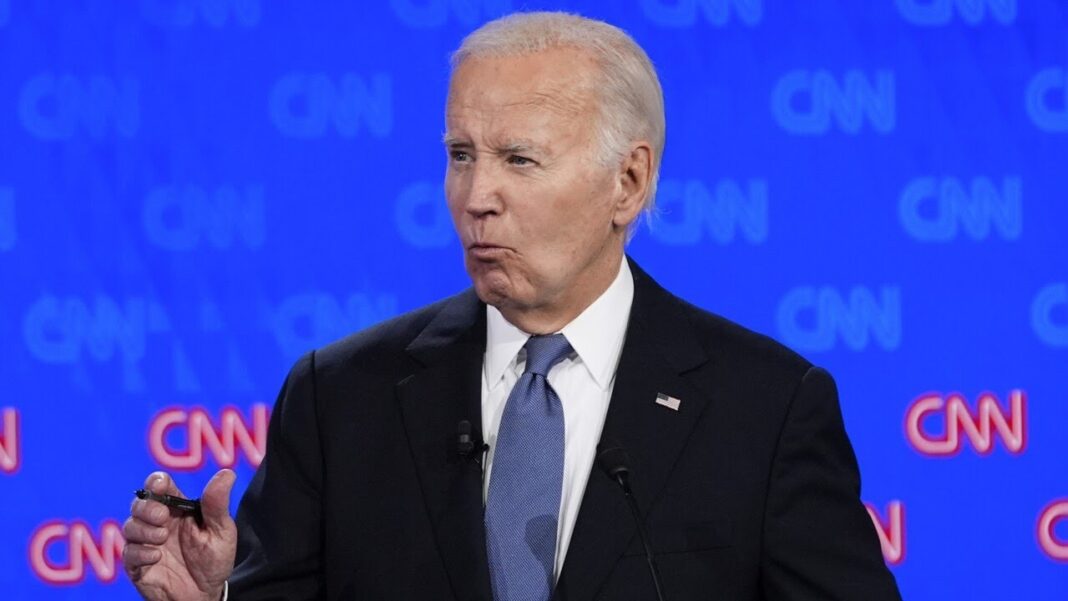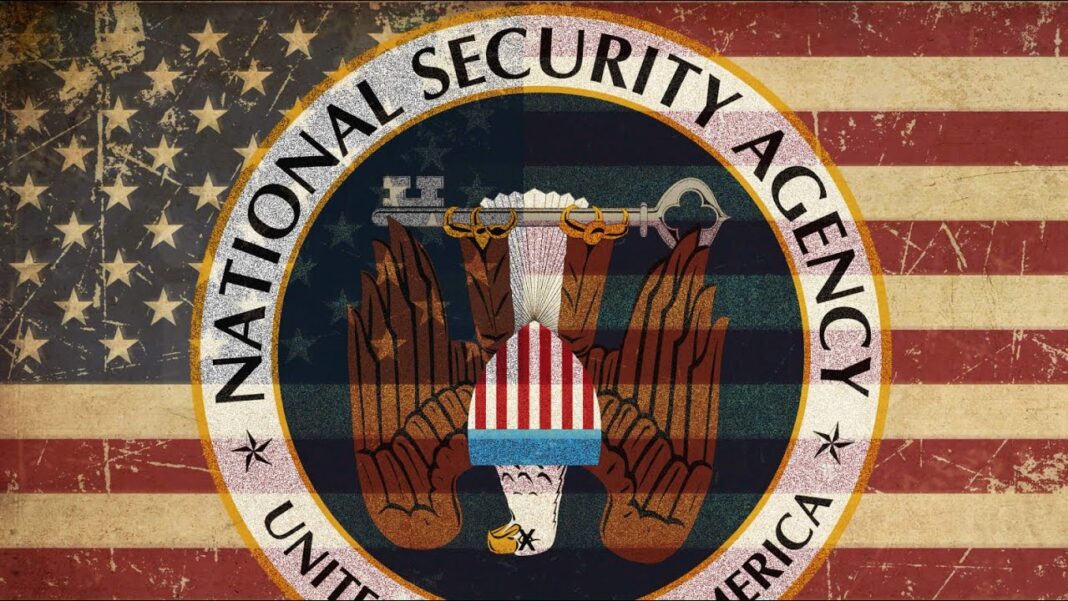Justice Clarence Thomas dissented, arguing that SCOTUS should review the authority of federal agencies to set rules.
The U.S. Supreme Court has declined to hear a legal challenge to the authority of the Occupational Safety and Health Administration (OSHA) to issue workplace safety standards, with Justice Clarence Thomas dissenting and Justice Neil Gorsuch noting that he would have been willing to take up the case that is focused on paring back government power.
In a July 2 order list, the Supreme Court denied review of a lower court’s decision to reject a legal challenge brought by Allstates Refractory Contractors against the Labor Department, in a case that centers on whether Congress’s delegation of authority to OSHA to write workplace safety standards violates Article I of the U.S. Constitution.
The Ohio-based general industrial contracting company claimed in its lawsuit that when Congress granted OSHA sweeping authority to set “reasonably necessary or appropriate” safety standards, it did so in violation of the constitutional separation of powers principle.
The company argued that OSHA being granted the authority to set safety standards violated the nondelegation doctrine, which is the principle that Congress cannot delegate its power to legislate to other branches of government.
A lower court ruled against the company, concluding that the delegation of authority to OSHA met the so-called “intelligible principle” test set by the Supreme Court, which is the idea that the delegation must include clear standards and limits to prevent the arbitrary or unchecked exercise of power by the agency.
The 6th Circuit Court of Appeals later upheld the lower court’s decision, leading the company to petition the Supreme Court for review, which was denied on July 2.
Justice Clarence dissented from the denial of certiorari, arguing in a written statement of dissent that the “standard this Court currently applies to determine whether Congress has impermissibly delegated legislative power largely abdicates our duty to enforce that prohibition.” He further argued that the “intelligible principle” test fails to adequately reinforce the U.S. Constitution’s allocation of legislative power.
Justice Gorsuch wrote that he “would grant the petition for a writ of certiorari” but did not elaborate further.









